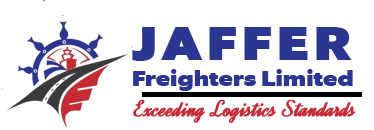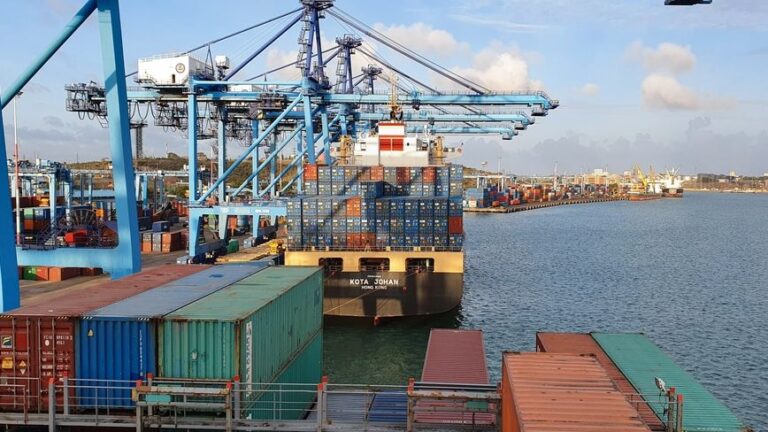MOB: (256 )772 425 919 / (256) 757 151 172 / (256) 779 080 2509 EMAIL: Info@jafferfreighters.com
Customs Clearing: An Essential Aspect of Global Trade

In the world of international trade, customs clearing is a critical process that ensures goods and commodities are properly processed and authorized for import or export across borders. This vital part of the logistics chain helps ensure that shipments comply with local laws and regulations while safeguarding the economy, national security, and public health. Customs clearing, often handled by professionals known as customs brokers or clearing agents, involves a series of steps that ensure the smooth flow of goods across international boundaries.
What is Customs Clearing?
Customs clearing refers to the procedure of fulfilling the necessary legal and regulatory requirements for goods to pass through customs and be allowed entry or exit from a country. This includes the submission of documents, payment of tariffs or duties, and compliance with the regulations set by the customs authorities of the importing and exporting countries.
When goods are imported or exported, they are subject to customs inspection to ensure that the contents are legal, the correct duties are paid, and the shipment complies with various regulations. This process can vary slightly from country to country, but its general principles remain the same.
The Role of Customs Brokers
A customs broker, also known as a clearing agent, is a licensed professional who facilitates the customs clearance process on behalf of importers and exporters. These professionals are well-versed in international trade laws, tariffs, taxes, and regulations. Their primary job is to ensure that all paperwork is submitted correctly and in a timely manner, duties are paid, and that the shipment complies with customs rules.
The customs broker performs several key tasks, including:
Inspection and Release: Customs authorities may inspect goods to verify the accuracy of the declaration. If the goods pass inspection, the broker coordinates the release of the goods, allowing them to continue their journey.
Document Preparation: A significant part of customs clearing involves preparing and submitting a variety of documents, such as invoices, bills of lading, certificates of origin, and packing lists. These documents prove the legality and value of the shipment.
Customs Declarations: Customs brokers declare goods to customs authorities and ensure all relevant taxes, duties, and fees are paid. They also handle the classification of goods according to the harmonized system (HS) codes, which determines the appropriate tariffs and rules.
Tariff and Duty Payment: Customs brokers calculate and ensure the payment of any tariffs, taxes, or duties that are required for the import or export process.
Regulatory Compliance: Customs brokers also ensure that the goods being shipped comply with any import/export restrictions, such as quotas, licensing requirements, and embargoes.


